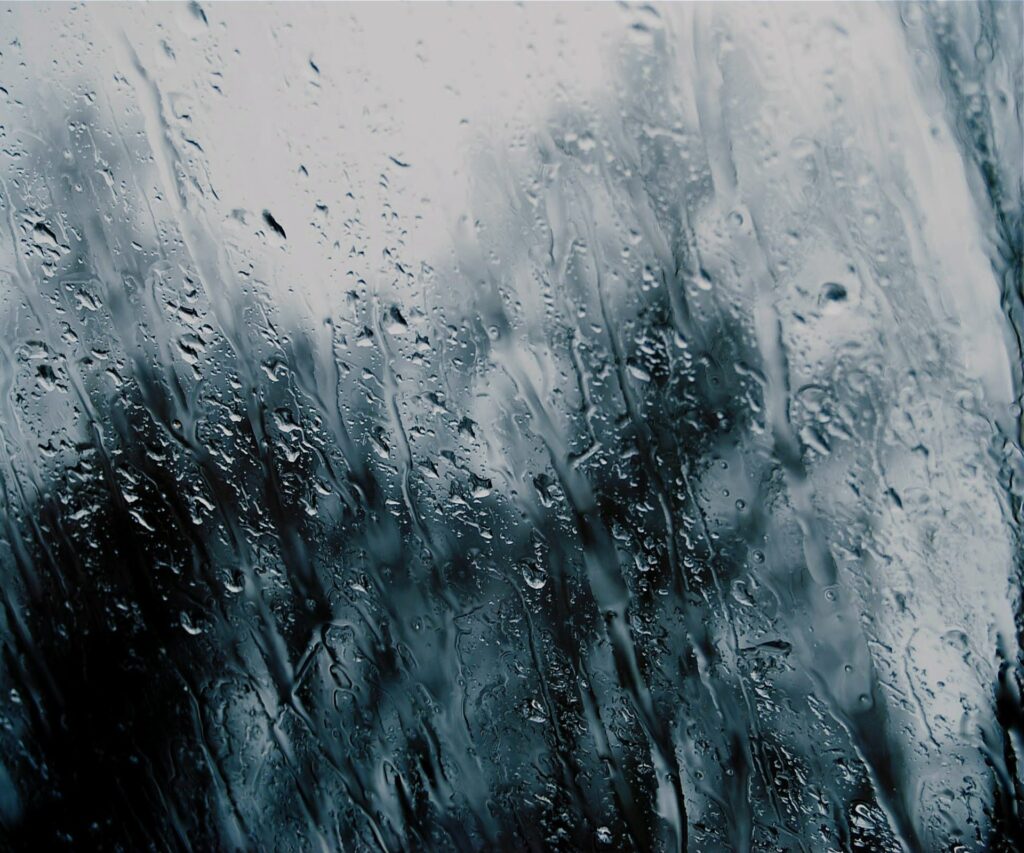
Published in Flashfiction Magazine, 2024
The last of the English majors is up in a tree. “K-I-S-S-I-N-G,” she thinks. Old rhymes and ads and songs from grade school circle endlessly in her head lately. “Brusha, brusha, brusha! New Ipana toothpaste!” She knows that, in reality, she is lying down, eyes closed and only remembering a time when she could climb a tree, picking apples. Even back then, English majors were pretty much unemployable. “A master’s degree up every ladder,” joked her beautiful young husband. We used ladders in the apple orchard, she thinks. I must be remembering climbing trees from when I was much younger than that. The wind pushed the branches of a pear tree up and down like a running horse’s back, blossoms like a snow storm. Arms tanned and legs capable at eight, maybe nine, years old? Tanned legs twined and arms enfolding, later, with the beautiful young husband.
The hand holding hers, now, is that of a grandchild or, more probably, a great grandchild. Her own children’s hands were as small as this but softer, never used for scrabbling over broken concrete. “Sidewalks laid down flat, when I was a little girl,” she whispers and feels puzzlement in the squeeze from that hard little monkey paw hand. We jumped on hopscotch squares drawn with chalk. Jumped rope to rhymes from another, now ancient, war: “And off you go like a B-17!” Is there anything in the sky, now, besides a few sickly birds? She could open her eyes and ask the child, but she can’t remember their name. Something from nature that the child will have never seen: Willow? River? Something literary from books that the child will never read. “Ophelia?” That’s it. Her brothers call her “Oaf”, with no sense of irony. Language is much simpler now, not so many synonyms.
Antonyms, homonyms, pseudonyms, diadems, requiems. We had to learn so very much over so many years to earn a master’s degree. And then pick apples. And then work in a restaurant, right up until a week before the first baby was born. These hard, happy little great grandchildren are so free, really, climbing all day on the blackened, amputated trunks that they innocently call “trees”. Like the “five little monkeys, jumping on the bed.”
Except that there are no real beds in this crumbled hotel foyer cave that they call home. The little too-warm, tangle-haired, slightly smelly head is resting on her shoulder now, and making her back dig, just a bit painfully, into the thin blanket beneath them. She shifts a little, and pulls the child in closer. “I will tell you a story,” she whispers. “I will tell you a poem.” But she can only remember scraps and tatters from all that long, assiduous learning, and wonders at the same time if she is the last person alive to know the meaning of “assiduous.”
“Whose woods these are, I think I know,” she recalls, but then realizes that “snow” and “little horse” would only confuse the child. At last, she manages to open her eyes and peer out through an upside down V of broken building material toward the umber light of evening. A snow storm is swirling, heavy and white against the somber charcoal grays of toppled buildings. No, not snow, ashes. Ashes, but their whirling dance is still almost beautiful if you can manage not to think about breathing them.
“I will tell you a sonnet,” she murmurs, and this is the last thing she says, and this is something that child will remember for a long, long time. She struggles to kiss the top of the filthy little head.
“ABBA
ABBA
CDE
CDE.”